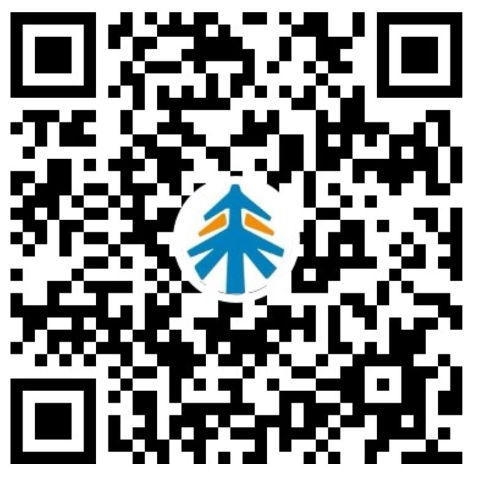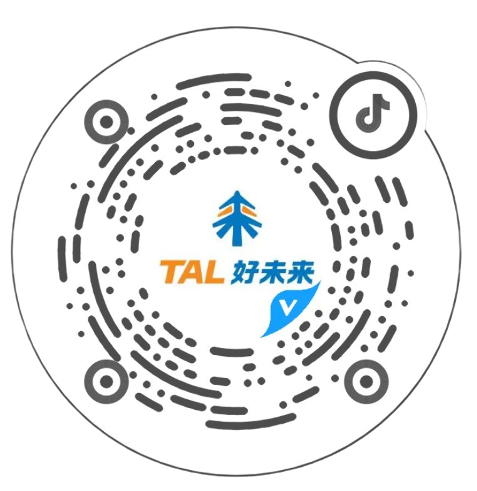Future Star Entrepreneurship Camp 8th Term 2nd Course Opening
Pay Attention to Innovation in Education in the New Era
2019-06-17 16:00:00

25
Recently, the second session of the eighth Future Star Entrepreneurship Camp was held at the Tencent headquarters in Shenzhen. Tang Daosheng, Senior Executive Vice President of Tencent and President of the Cloud and Smart Industries Group, Tencent's Intelligent Education General Manager Guan Junhui, and Tencent University Senior Lecturer Lv Yinggang shared Tencent's corporate culture, talent, products, and innovation with the CEO students of the entrepreneurship camp. Bilibili's Advertising Marketing Director Wang Xu, and Tencent Interactive Entertainment Business Group's Marketing and User Research Deputy Director Lv Pin brought insights into the younger generation of consumers. While Yu Ying, President of the Quality and International Education Business Unit of Haoweilai, introduced the development and innovation of the quality education market under the upgrading of educational concepts.
Tencent has been at the forefront of industrial digitalization in recent years. Tang Daosheng shared that Tencent collaborates with various partners to empower the B-side industry, including the education industry. Tencent hopes to provide various online and offline educational institutions with services related to technology, tools, and marketing management. He also mentioned the recent launch of the "Tencent Education" brand in Kunming, which is the result of Tencent's longstanding commitment to the education field, aiming to promote intelligent, personalized, and fair education.
In terms of the landing of artificial intelligence in education, Guan Junhui introduced that Tencent currently has applications and service capabilities in six aspects of artificial intelligence, teaching, testing, evaluation, management, and marketing. For example, Tencent has applications such as intelligent examination rooms, oral tests, Mandarin tests, OCR recognition, and intelligent scoring. Artificial intelligence can replace repetitive human input, achieve automation in the teaching process, make more accurate decisions based on big data, and provide digital insights to parents, schools, and management organizations.
Regarding products, Hu Bo, Director of Content and Application Center of the PCG Content and Platform Business Group of Tencent, emphasized that innovation is the soul of Tencent's products, and everything is based on the value to users. Defining users requires clear boundaries and tones for products and effective resource integration. Two crucial points to note are not sacrificing user experience for commercialization and always maintaining a sense of crisis.
As a super-large company with 40,000 employees, Tencent's approach to staffing made the entrepreneurs curious. Tencent University's Senior Lecturer Lv Yinggang and Liu Ying, responsible for new employee and professional development at the Tencent Academy Career Development Center, provided detailed and exciting talent management insights for the students. Lv Yinggang mentioned that Tencent's human resources are managed with a product mindset, continuously understanding employees and involving them in decision-making, seeing employees as the most valuable asset. Liu Ying focused on talent innovation, emphasizing that innovation includes not only product innovation but also technological, business model, operational, and HR innovation. Within Tencent, an encouraging mechanism, knowledge sharing platform, agile work mode, forward-looking vision, and execution power make it possible for everyone to innovate.
In attracting and understanding the young user base, Wang Xu, Bilibili's Advertising Marketing Director, shared insights into the unique and rational behavior of the younger generation in cultural consumption. As most brands try to appeal to the younger user base, especially the "Z Generation" (post-90s and post-00s), who have a significant presence on Bilibili, Wang Xu's sharing provided the students with fresh cultural insights. He highlighted the unique content consumption and creation culture of the economically affluent young generation, such as their high acceptance of paid content, seeking like-minded individuals while watching videos with comments, and finding companions based on interests rather than economic or social status. The Z Generation's influence in the education industry is also unstoppable, with their increasing coverage among parents of kindergarten children. Wang Xu believes that educational institutions should adapt to their consumer preferences and stimulate their communication needs.
From the gaming and user perspective, Lv Pin, Deputy Director of the Marketing and User Research Department of Tencent's Interactive Entertainment Business Group, shared their research on the younger generation. Tencent's accumulated big data indicates that the new generation's overall educational level has increased, and their aesthetic ability and entertainment demands have also risen. They prefer high-intelligence, high-immersion, and high-participation entertainment content and hope to gain knowledge during entertainment, making their time more valuable. Content that logically makes sense, with a healthy worldview, and provides additional value is more likely to be sought after in the market.
With an industry perspective, Wu Ying, President of Haoweilai's Quality and International Education Business Unit, interpreted the new trends in the quality education industry for the students. She remarked that with the upgrading of educational concepts, parents are beginning to focus more on cultivating children's ability to pursue happiness. While the market space for quality education is large, it also faces unfavorable factors such as declining birth rates and changes in family scenes. Based on her rich industry experience, she provided forward-looking and practical recommendations, including focusing on the core competency cultivation for young children, breaking through product and research barriers in the field of children's quality education, and constructing a systematic scenario-based marketing approach rather than traditional phone-based customer acquisition. Wu Ying believes that whether online or offline, the focus of quality education for children should be on how to build a sustainable business model for the future to achieve long-term development.
Apart from the lectures, the students also visited Tencent and later exchanged and learned at the iWorld International Kindergarten. The rich courses and experiences inspired the students in areas such as product thinking, insights into young consumers, and enterprise management. The subsequent courses of the "Future Star Entrepreneurship Camp" will focus on the theme of "original intention, entrepreneurship, and the future," inviting mentors from different dimensions to assist students in the upgrade of their knowledge in educational innovation and entrepreneurship.
On the occasion of its fifth anniversary, Future Star also launched a new brand, the "Future Star Innovation Institute," which is different from the "Entrepreneurship Camp." The "Innovation Institute" is tailored for early-stage entrepreneurs and is divided into two special classes: quality education and smart education, and is currently in the process of enrolling students.
Established in 2014, the Future Star, jointly initiated by Haoweilai and Tencent, serves as a platform for learning and exchanging ideas in the education industry. The mission of Future Star is to promote the progress of the education industry and provide assistance to entrepreneurs who will have a profound impact on the education industry. Over the past five years, they have organized eight sessions of the Future Star Entrepreneurship Camp, serving 288 education entrepreneurs forming the Future Star Alumni Association, and launched the GES Future Education Conference. Future Stars look forward to assisting every ambitious educator, bringing together everyone's bright future to create a better future for education.




